Mozambique: Licungo University delivers computers under 'One Student, One Laptop' program
Mozambique: UN warns of ‘critically low’ funding for aid after latest cyclone
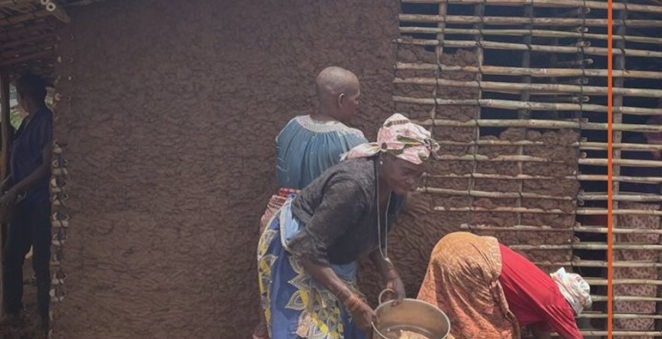
FILE - For illustration purposes only. [File photo: OCHA]
The United Nations has warned of “critically low” funding for humanitarian aid to those affected by Cyclone Jude in Mozambique, with appeals for support still unanswered.
“Despite ongoing efforts, significant gaps and inconsistencies continue to hinder the ability to fully meet the needs of affected populations (…).Funding for the humanitarian response across Mozambique remains critically low,” reads a report by the UN’s Office for the Coordination of Humanitarian Affairs (OCHA) on assistance to communities affected by the cyclone, consulted on Wednesday by Lusa.
Cyclone Jude, the latest in several to affect the country this year, entered Mozambique through the district of Mossuril and claimed at least 43 lives, 41 of them in Nampula, while also affecting Tete, Manica and Zambézia in the centre of the country and Niassa and Cabo Delgado in the north.
The latest update from the National Institute for Disaster Risk Reduction and Management (INGD) puts the number of people affected at at least 384,877. According to OCHA, around $63.7 million (€56 million) are needed to provide assistance and protection to 778,000 people in need by June in the country.
“The Flash Appeal remains unfunded, with the humanitarian response relying on resources provided by a limited number of donors at the end of 2024 to prepare for the rainy and cyclonic season,” he report adds.
According to the document, since the cyclone hit on 11 April, the Shelter/NFI cluster has reached 16% of its target, providing non-food items (NFIs) and tarps, while the Water, Sanitation, and Hygiene (WASH) sector has met six per cent of its target through hygiene promotion, water trucking, and the distribution of WASH kits to communities affected by the natural disaster.
The Humanitarian Needs Response Plan for Cabo Delgado is only 6% funded and the humanitarian response and the Drought Appeal is funded at 17% only, te document states.
“In the Food Security and Livelihoods (FSL) sector, only 19% of the target population has been reached,” it explains. “However, this achievement represents just one week of food distribution, whereas sustained assistance will be required until the harvest season”.
Due to the “severe shortfalls” the UN agency said, there is an inability to transfer resources between aid operations, which leaves “critical needs unmet” in the affected region.
“Urgent support is needed to address the growing humanitarian needs in the region (…) With the rainy and cyclone season, as well as the lean season, continuing until April, urgent needs include food, seeds, construction materials, and protection assistance.,” the report adds.
The rainy season in Mozambique runs from October to April, with this year’s seeing, in addition to Cyclone Jude, earlier ones named Chido, on 14 December, and Dikeledi, on 13 January, claiming a total of 170 lives.
The country is considered one of the most severely affected by global climate change, facing cyclical floods and tropical cyclones during the rainy season, but also prolonged periods of severe drought.
🌀💔Six weeks after #CycloneJude, hundreds of thousands still wait for assistance.
⤵️
Only 63,000 people reached so far — out of 543,000.
⤵️
$63.7M needed to assist 778,000 by June. The appeal remains unfunded.
⤵️
Read the full report: https://t.co/2PfYtVa7ne pic.twitter.com/5lJOTRa5QD— OCHA Mozambique (@MozambiqueOcha) April 16, 2025
The impact of Cyclones Jude, Chido and Dikeledi has exacerbated the humanitarian situation in #Mozambique.
Humanitarians are supporting affected people, but low fuel supplies are severely disrupting operations.
More in the March updates👇🏿https://t.co/Nhy423zTYb pic.twitter.com/qdLGlbdJRw
— OCHA Southern & Eastern Africa (@UNOCHA_ROSEA) April 14, 2025




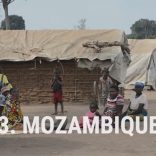
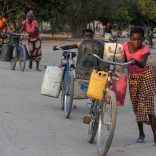
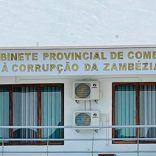
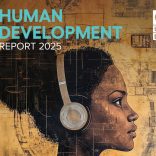

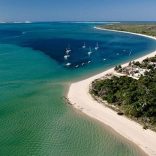


Leave a Reply
Be the First to Comment!
You must be logged in to post a comment.
You must be logged in to post a comment.